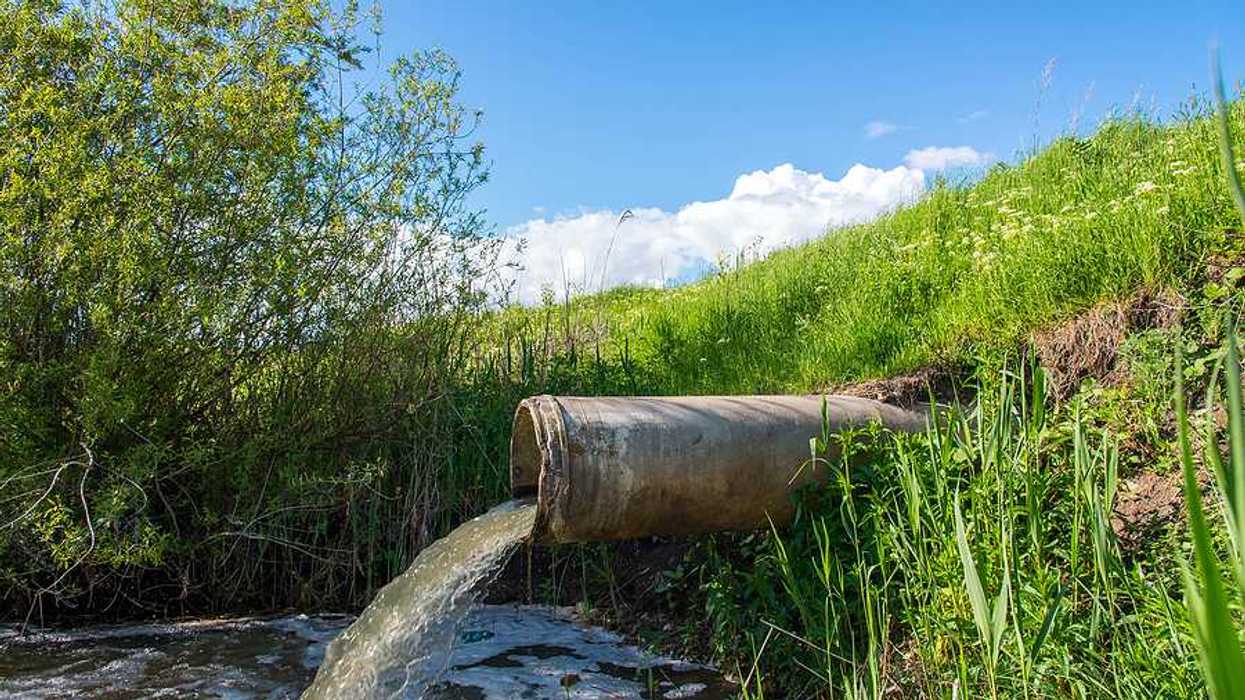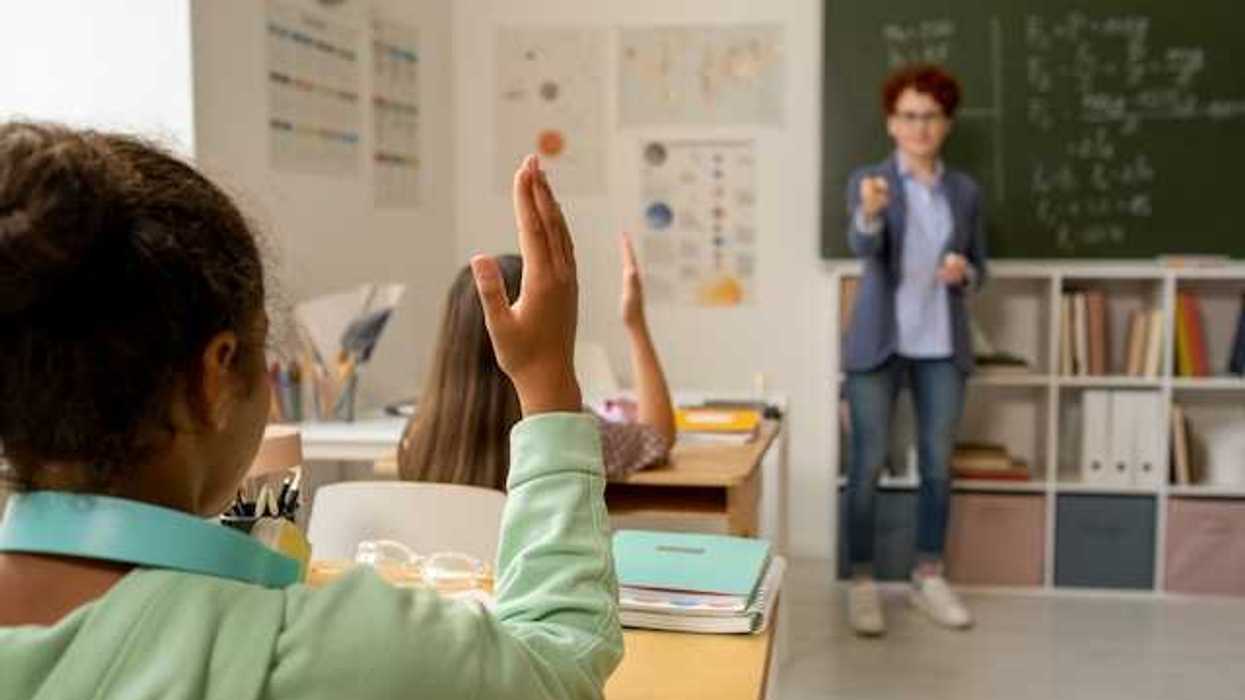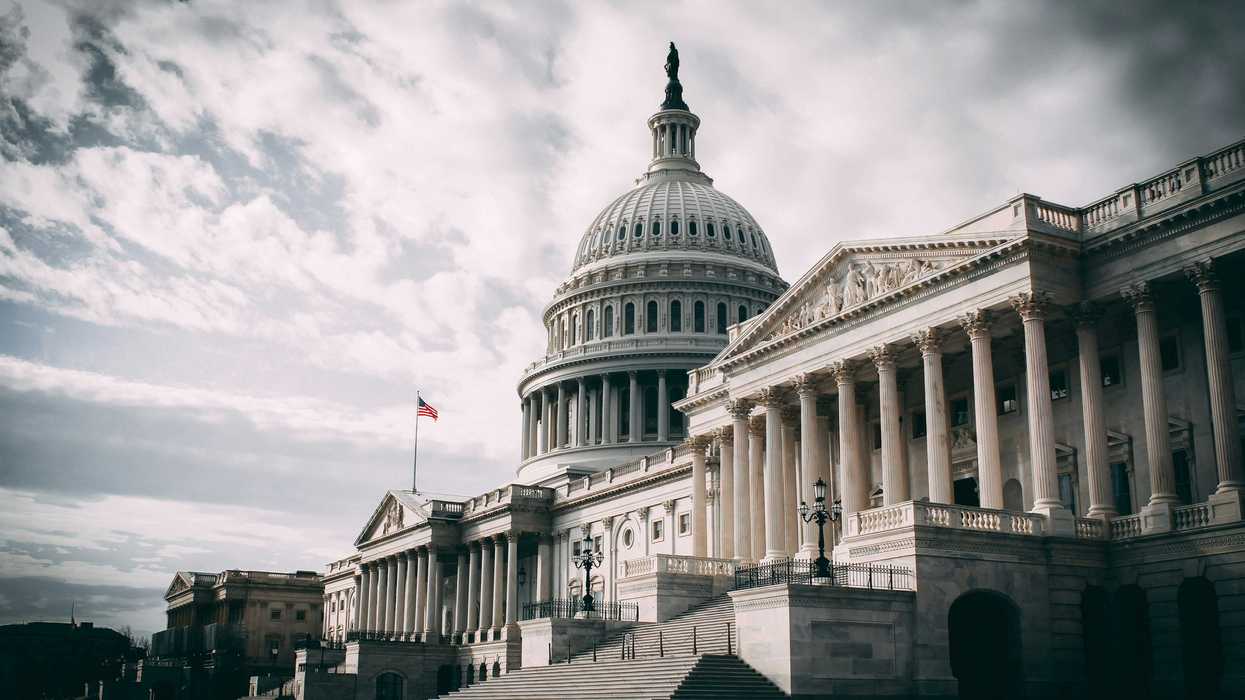How did a childhood in Thailand lead Dr. Shaffer to her work in environmental health?
Dr. Shaffer kicks off our series introducing the new cohort of Science Communication Fellows, a partnership with the Science Communication Network to offer an exclusive look at important research just over the horizon that promises to impact our health and the environment.
In this video, Dr. Shaffer traces her journey in the environmental health field, the seeds of which were planted by her family's commitment to "action" in combination with early-life experiences abroad. Dr. Shaffer's passion for diverse topics across environmental health and her interest in translation and policy motivated her to pursue her current position, focused on human health assessment, at the U.S. EPA.
Rachel M. Shaffer, PhD., U.S. EPA Office of Research and Development
Dr. Rachel M. Shaffer works in the Center for Public Health and Environmental Assessment in the U.S. EPA’s office of Research and Development. Dr. Shaffer has a broad background in environmental health sciences, with graduate training spanning experimental toxicology and human epidemiological research as well as experience in science policy and risk assessment. She has published on diverse topics, including air pollution, glyphosate,ç and food additives. Dr. Shaffer completed her M.P.H and Ph.D. at the University of Washington-Seattle's School of Public Health. She also holds a B.A. in environmental studies from Yale University.
Learn more
Find Dr. Shaffer on Twitter @rshaffer14
Connect with her on LinkedIn
Check out her website and blog.
Explore her research on Google Scholar.
Cutting Edge of Science
Discover what exciting research other early-career scientists are up to in our exclusive series in partnership with the Science Communication Network.














